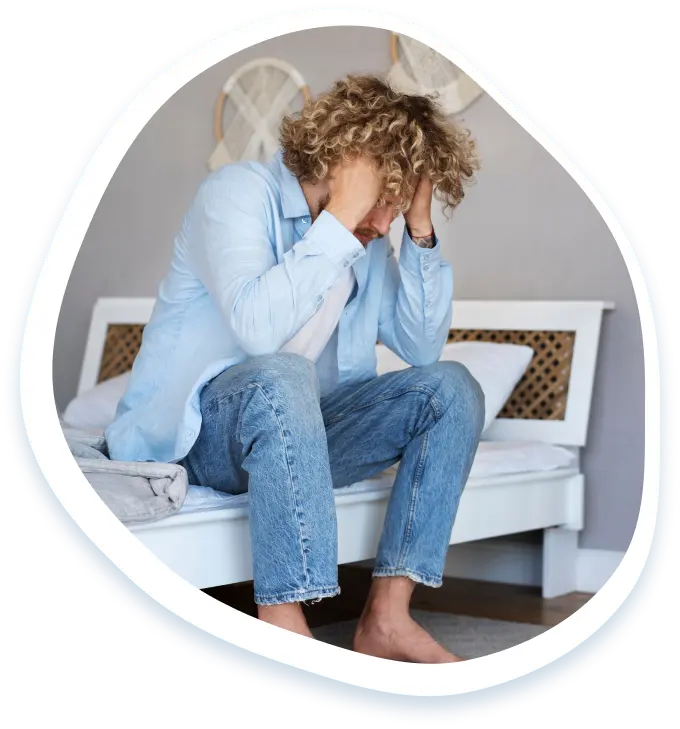Obsessive Compulsive Disorder (OCD) can manifest as an overwhelming need to perform repetitive actions or rituals, driven by persistent, unwanted thoughts. Those with OCD may feel compelled to check things repeatedly, perform routines—such as excessive handwashing, counting, or cleaning—or organize items with a preoccupation for order and symmetry. These behaviors are often attempts to reduce anxiety or prevent intrusive thoughts, but the relief they provide is temporary. When these rituals are not completed, feelings of anxiety can intensify.
Other symptoms of OCD may include difficulty discarding items, resulting in clutter or hoarding, and intrusive thoughts that cause distress. These thoughts may revolve around contamination, harm, morality, or other disturbing themes. For example, common obsessions include fear of germs or toxins, intrusive sexual thoughts, fear of harming loved ones, or doubts about moral or religious matters.
The emotional toll of OCD can be significant, with individuals often grappling with feelings of disgust, fear, or doubt. Without proper treatment, OCD can become a relapsing condition that disrupts daily life.
Research suggests that OCD may have biological and environmental components. Studies have identified communication issues between certain areas of the brain as well as other neurological factors that contribute to the disorder.
Some common signs of OCD include:
- Intrusive, repeated thoughts or images related to fears of germs, violence, religious conflict, or extreme tidiness.
- Repetitive behaviors such as handwashing, checking locks, counting, or hoarding unneeded items.
- An inability to control these thoughts and behaviors, despite wanting to stop.
- Performing rituals not for pleasure but as a way to momentarily relieve anxiety caused by intrusive thoughts.
At Advantage Mental Health Center, we understand that OCD is unique to each individual. Our treatment plans often combine therapy and medication, tailored to the severity of the condition. Evidence-based treatments have shown to be effective in helping individuals regain control and improve their quality of life.


